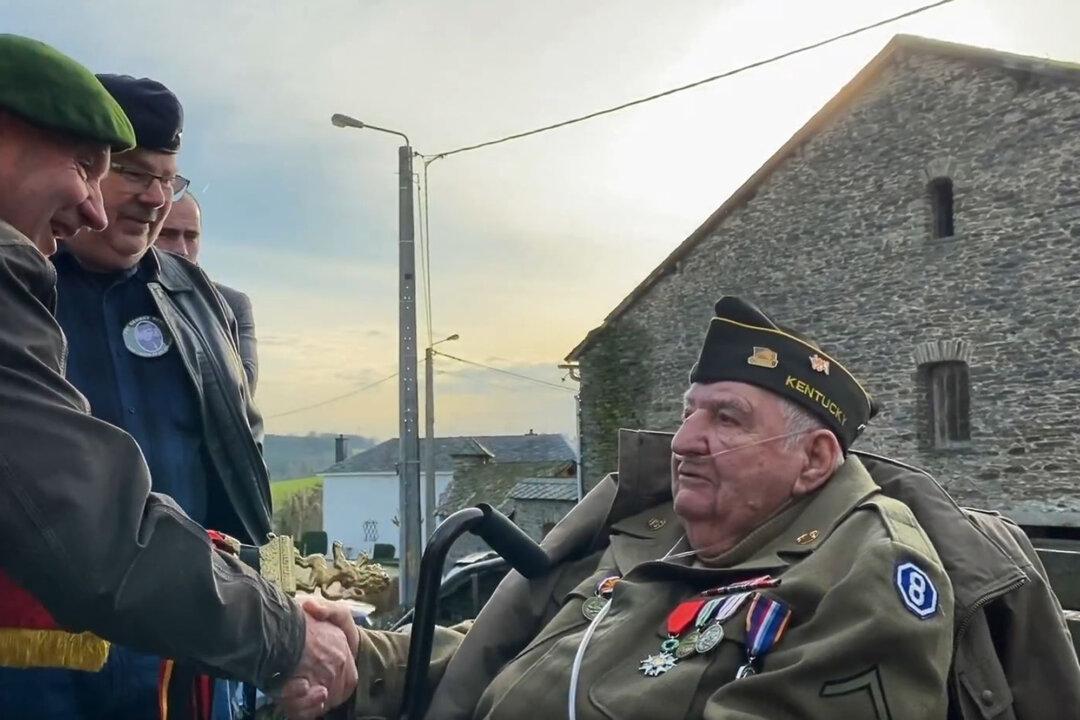Commentary
I’ve seen my fair share of World War II films—some of the newer movies, but mainly the older ones from the Golden Age of Hollywood. The narrative feature films with stars like John Wayne, William Holden, and Burt Lancaster.

I’ve seen my fair share of World War II films—some of the newer movies, but mainly the older ones from the Golden Age of Hollywood. The narrative feature films with stars like John Wayne, William Holden, and Burt Lancaster.